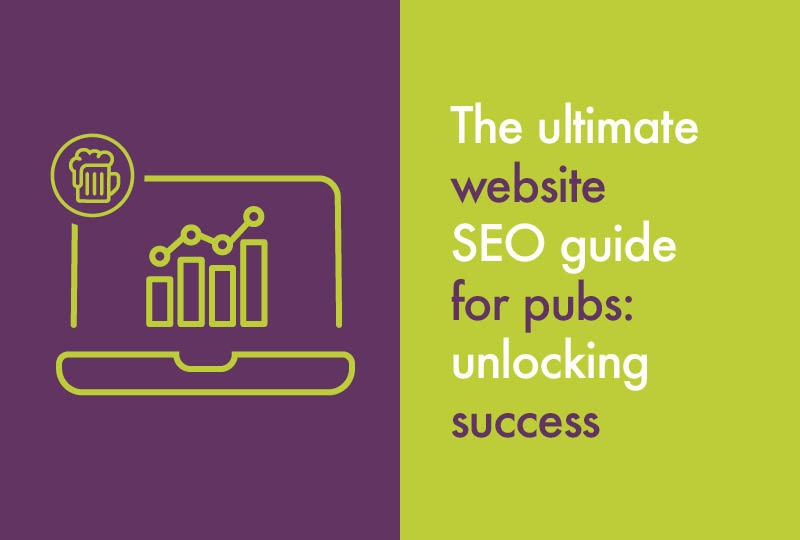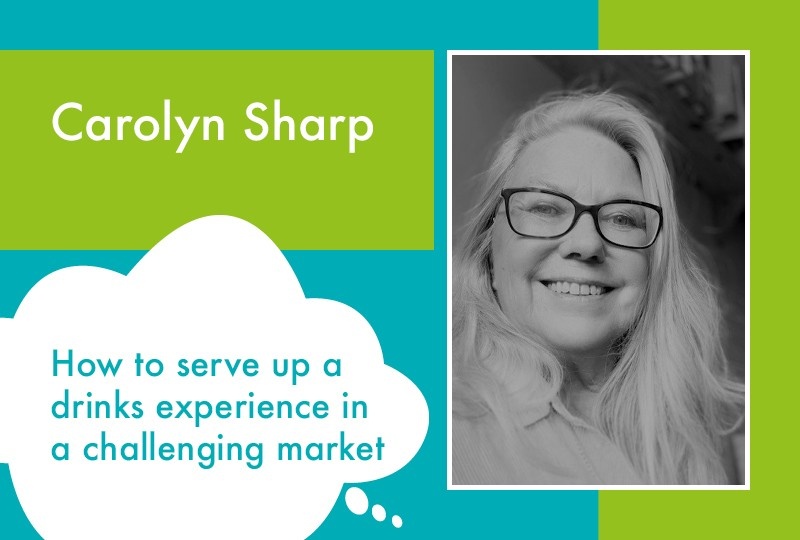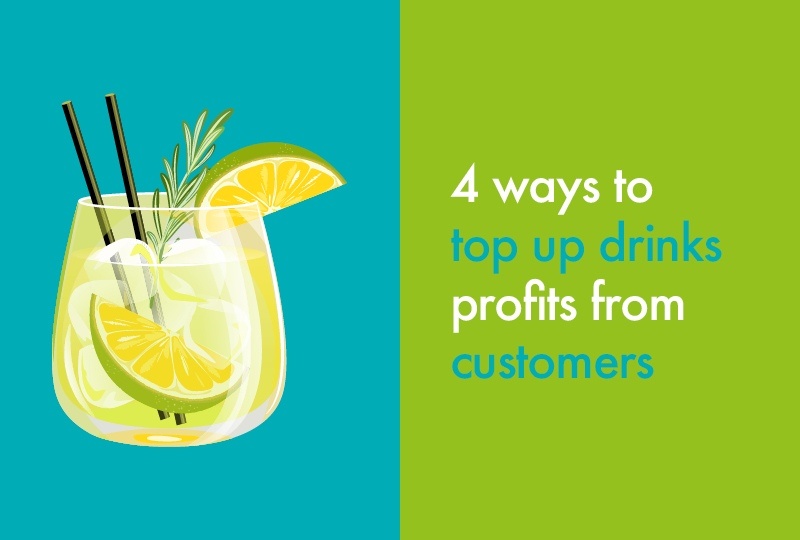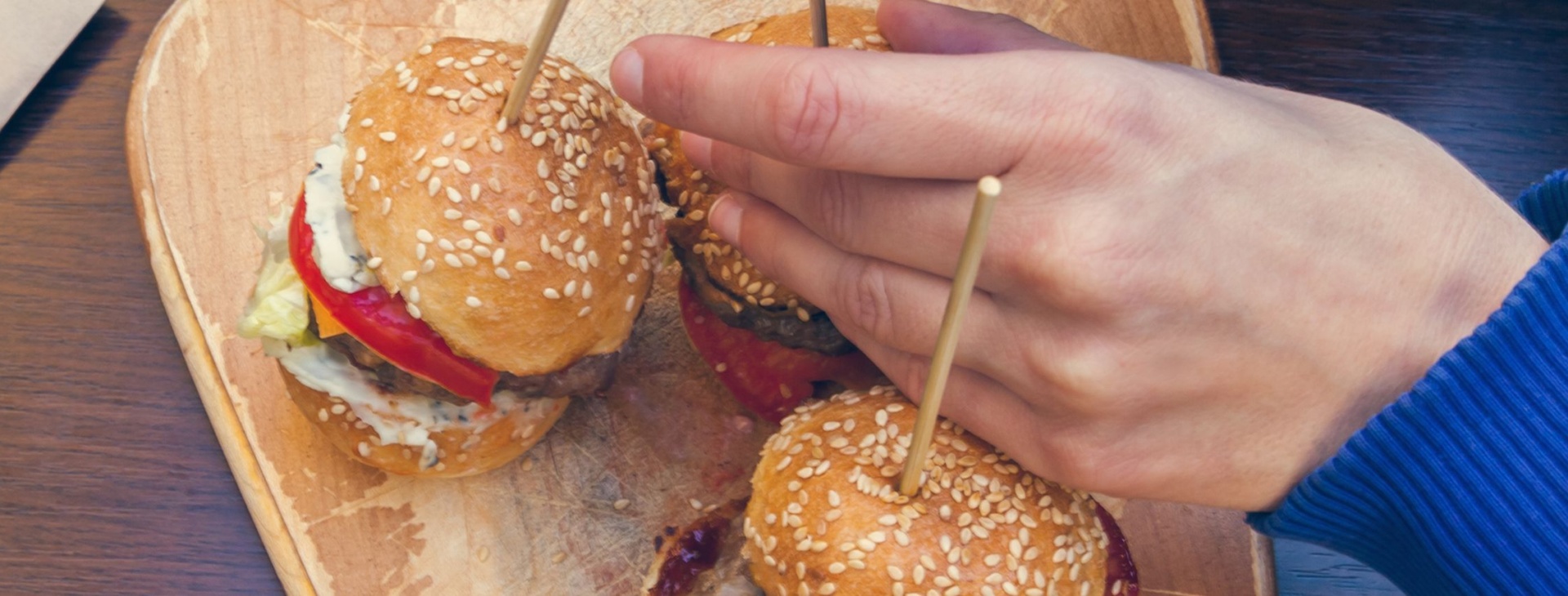What is SEO?
Why is SEO important for your pub?
Setting clear goals for website optimisation
Keyword research: finding the right words for your pub
How do I implement keywords on my pub website?
Example pub web page SEO title
Improving user experience: navigating your pub’s website design
Why is a local SEO strategy important for pubs?
How to optimise your pub Google my Business profile
Why is mobile optimisation important for pub websites?
How can I track the performance of my pub website?
Conclusion
What is SEO?
Search engine optimisation (SEO) is a set of website strategies that can help your website rank higher on search engines like Google, Bing and Yahoo! Using relevant keywords, creating useful content for your potential customers and working on other factors that search engines like can increase your visibility, website visits and ultimately new customers.
Why is SEO important for your pub?
A pub’s website SEO strategy is a pivotal part of its online presence, making it easier for potential customers to find. 97% of users search online to find a local business, 54% making these searches at least once a month and 12% daily. With ‘near me’ mobile searches growing by 136% last year, local search isn’t showing signs of slowing up.
Does my pub need to be higher up on search engines?
Statistics show that first position pages gain 40% of clicks, second 19%, third 10% and fourth 7.4% so it’s important to follow SEO strategies to gain advantage over your competitors.
Using SEO strategies can help your pub website rank on page one! For example, when a potential customer searches for ‘pubs near me’ or ‘sports bar near me’, a well optimised website will be shown on page one of Google.

On page optimisation
Setting clear goals for website optimisation
It’s important to set goals before starting to optimise your website. Are you looking to:
- Gain website traffic from far and wide to a niche music/quiz night
- Drive sign ups to your Saturday morning dog meetup and coffee club
- Increase new local customers to your website, showcasing everything you do with an easy to navigate website
With your goals written down you can create a plan identifying target keywords that align with them.
Creating a full list of what you offer, to then implement on your website, will help drive traffic for all types of offerings. Some examples are:
- Food: healthy, hearty pub food, vegan, vegetarian, gluten free, Sunday roast, Breakfast
- Drinks: cocktails, mulled wine, coffee, craft beer and ales
- Entertainment: sports screens, pool table, darts, beer garden, board games
- Other: dog friendly, children friendly, communal workspace, conference meeting rooms, party room hire
All of which can be mentioned on web pages and your Google my Business profile to increase visibility when customers are searching for these terms.
Keyword research: finding the right words for your pub
Once you have created your list of offerings you can undergo keyword research to identify what words people are searching for on search engines that you could be using.
Free tools like AHREFS keyword generator, Answer the public and ChatGPT can give you suggestions on the keywords people are searching for (be sure not to use Chat GPT to write content for you as this will penalise your website on search engines, but is safe to use for 2-3 word key phrases).
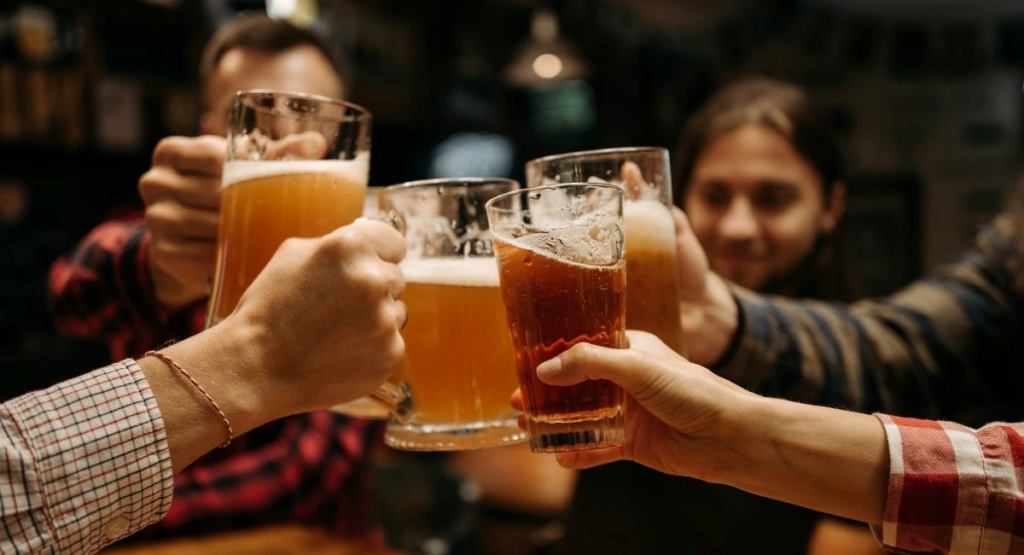
How do I implement keywords on my pub website?
Once your keywords are selected you need to decide where on your website these keywords are best placed, do they merit a page of their own and what is best for the user experience.
Having a main key phrase per page that sits in your SEO title, meta description (description that goes below the SEO title on Google) and within the text of the page are the most important ranking factors. This would be best to have high traffic search terms like location and types of food or drink.
Example pub web page SEO title:
‘Hearty pub food in London Bridge | Pub name’
With the rest of your researched key phrases you can add them to your web pages with a title and section underneath explaining the offering (making sure that the content is right for the user experience).
A good example is the Bunch of Grapes pub in London Bridge, with sections on the Rugby World Cup screening, food and drink offerings, beer garden, meetings and celebration space, helping them rank for these offerings for people searching in the local area.
Improving user experience: navigating your pub’s website design
SEO changes are important, but not to the detriment of a good website user experience. When making changes to your website, think from a potential customer’s point of view to help you make the right decisions.
Why is a good website user experience important for local businesses?
The average bounce rate (people leaving a website without interacting with any content) for local businesses is 60.23%, to reduce this it is important to make it easy for the potential customer to find the information they need by having clear calls to action and a well-structured website to navigate around.
Website structure: things to think about:
- The main call to action e.g. ‘Book now’ button needs to be very easy to find on both your navigation menu, bar and top of the homepage
- Consider having food and drink menu, contact, gallery, events and jobs in your navigation bar. Looking at your most visited pages (on Google Analytics) or what people usually ask you for could give you some ideas on what content and where to add it
- Make sure social media links can be found easily, usually in your header and/or footer or a feed on your homepage
- Opening hours can be easily found (usually on homepage, footer and contact page)
Why is a local SEO strategy important for pubs?
Local SEO is one of the most important factors for pub website optimisation, as a local business you have a captive audience looking for your service in the local area. With ‘near me’ mobile searches increasing by 136% last year and research showing a purchase follows 28% of all local searches, pubs focusing on local search is a great strategy.
Google my Business profile
When searching for ‘pub near me’ the first result that shows on Google results is the Google my Business listings. To own one you will need to first claim your location adding and maintaining up to date information.

How to optimise your pub’s Google my Business profile:
- Make sure your business information is up to date and consistent across your website, Google my Business, social profiles and location directories
- Add categories, business description, products and services to your GMB profile
- Upload photos
- Encourage customers to leave reviews – you can do this by setting up an automated email a few days after their booking
- Respond to reviews promptly
- Use the post feature to update customers on new offers, products, events and promotions
Why is mobile optimisation important for pub websites?
To find what they need, users are using multiple devices which makes it important to have your website optimised for each platform… deciding which venue to visit could also be an ‘on the go’ decision increasing the importance for a good mobile experience even further! Research shows that 79% of local searches are made on mobile devices.
How to optimise your pub website for mobiles:
Responsive design
Test your website on a mobile device to see how easy it is to navigate, it should automatically adjust from a desktop to a mobile or tablet screen size but it’s best to run some tests to create a better experience for the user. Some things to think about are whether the font is readable and that buttons and forms are the correct size on mobile.
Easy navigation
Simplifying your navigation with a ‘hamburger’ drop down menu will help the user navigate around your website and find what they’re looking for! Make sure your content is easy to digest with clear titles, breaking up long paragraphs of text, adding bullet points and call to actions in the right places.

What can affect my website’s site speed?
Load speed can have an effect on your SEO and user experience; to reduce load time, reduce the image sizes, animations, background videos (YouTube videos do not affect a website’s site speed) and plugins. You can review your site speed by running tests.
How to track and analyse website performance
Analysing what is working and isn’t will help you build future strategy plans. When starting your project you should have set an initial goal, whether you were looking to increase customers, website visits, tickets booked etc.
You can then look at the following metrics to measure the effects.
How can I track the performance of my pub website?
Rankings
With a rise in search rankings you’ll usually see an increase in impressions and website visits, you can find this information on free tools like Google Search Console and Google Analytics (make sure these are connected to your website before you start the project).
You can also compare web traffic from the previous year as well as what pages and keywords are driving you the most traffic and conversions.
Google Analytics can also show you how many people have come from which source; social media, website, email, direct etc. Giving you an overview of your digital marketing activity.
Customers and conversions
You can setup goals in Google Analytics which will show when someone completes a task you deem important; e.g. clicking a button to find your location, booking a table, clicking a call button etc.
Google my Business
The first link that usually shows on Google when searching for ‘pub near me’ is Google my Business – this should be driving you a lot of traffic, however, the customer may not visit your website before visiting the venue. Taking this into consideration, reviewing your Google my Business analytics you can see how many people asked for directions to your venue, pressed the call or book button, clicked onto your website and more.

Website bounce rate
You might be gaining good traffic but are people bouncing off of your website without taking action? This metric will help you understand if your website user experience needs working on, bear in mind the average bounce rate for local businesses is 60%.
It’s important to remember that SEO is an ongoing process, which needs monitoring and refining to stay ahead of competitors.
Conclusion
With local searches on the rise, having a website and SEO strategy in place to help your goal is an important part of your pub’s digital marketing strategy, raising your website on the search platforms and making it easier for potential clients to find you.
Firstly setting a clear goal, finding keywords, optimising pages, improving your user experience, taking into consideration local, Google my Business, technical, how your website links with social media and mobile optimisation will increase your chances for success. Lastly, measuring the results to continue optimising your website for the best results.
Continuing on your digital makeover, why not check out our blog post on how chefs can rock social media!
Are you looking for a pub wholesale food and drink supplier? Click the link to discover our pub kitchen club and how we can help your business serve up success.
